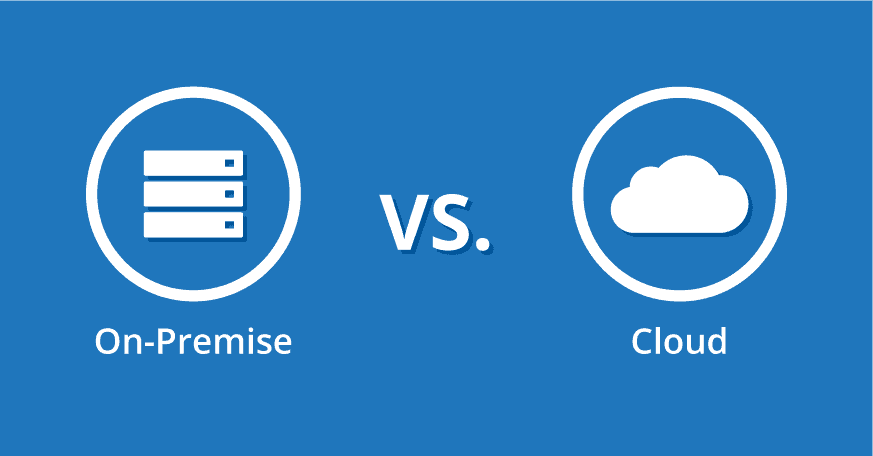Why cloud solutions could help your business reduce its energy costs
With the hike in energy costs this autumn and winter, many businesses are having to find new ways to reduce their electricity consumption across the board.
Previously, most businesses have probably not been particularly focused on the running costs associated with their on-premises hardware and software. Your business may not even have looked into exactly how much you are spending on electricity to run your servers 24 hours a day, as well as the lighting and air-conditioning needed to keep everything at the right temperature. However, the amount of energy required to power this equipment represents a sizeable overhead. One way of reducing your costs is by moving from an on-premises IT infrastructure to a cloud solution, which could decrease your energy consumption significantly and could save you money.

Benefits of cloud over on-premises IT
If you have an on-premises IT infrastructure, your organisation’s electricity costs are likely to increase substantially due to the amount of energy required to run all of your software. Moving your storage to the cloud and outsourcing to a specialist cloud provider will allow you to transfer the responsibility of running your own hardware and software over to your provider.
According to Microsoft Corporation and WSP Global Inc., cloud computing is 93% more energy-efficient than on-premises data centres. Furthermore, research by Berkeley Lab and Northwestern University, funded by Google, found that businesses could save between 60% and 85% in energy costs when they change over to cloud-based services.
Due to the current energy crisis, the supply of energy may become unstable, particularly over the winter, with the possibility of blackouts in the worst case scenario. If this does happen, a cloud provider is more likely to have better resilience in terms of back-up generators and equipment, ensuring your business can keep working.
How do cloud providers keep costs down?
As specialist cloud providers are dealing with numerous customers, the cost of the energy that they are using to run their servers is shared between their customers so they benefit from economies of scale. They are also likely to get wholesale energy rates which means their energy will be less costly per unit than the average business. Since their business is IT, they will be more likely to be using the latest energy efficient servers within their data centre.
Different Types of cloud services
Private cloud hosting
Private cloud hosting provides the best security and compliance in terms of cloud solutions as it runs on hardware dedicated to your organisation, meaning that there are no shared resources. Private cloud computing has the has all of the advantages of cloud computing but with the added benefits of extra security, access control, and resource customisation of on-premises infrastructure in a private cloud.
Hybrid cloud hosting
Hybrid cloud hosting provides your organisation with a blend of cloud and on-premises resources. One of the key benefits of using hybrid cloud is that it enables organisations to move their workloads and data between onsite, private and public clouds with ease. This provides a high level of flexibility, with data and workloads often being moved as requirements and costs change. This gives your company or organisation a wider range of options on data deployment and usage.
Managed cloud services
Managed cloud services offer a fully managed, multi-tenanted cloud solution which delivers high performance, reliability and scalability. Infrastructure as a Service (IaaS) is a proven way to minimize IT costs while maximizing scalability, security, uptime and resilience. However, the complexity involved around the design, migration and deployment and day-to-day management requires both a high level of technical expertise and resource. This complexity is one reason organisations are increasingly turning to a managed IaaS.
Enterprise cloud services
Enterprise cloud services provide the perfect solution for organisations wanting the scale of a global cloud provider alongside the assurance of a fully managed service. An enterprise solution is provided through a partnership between a cloud provider and a global hosting provider and offers a competitive alternative for enterprise level organisations that are considering using cloud services such as Azure or AWS.


